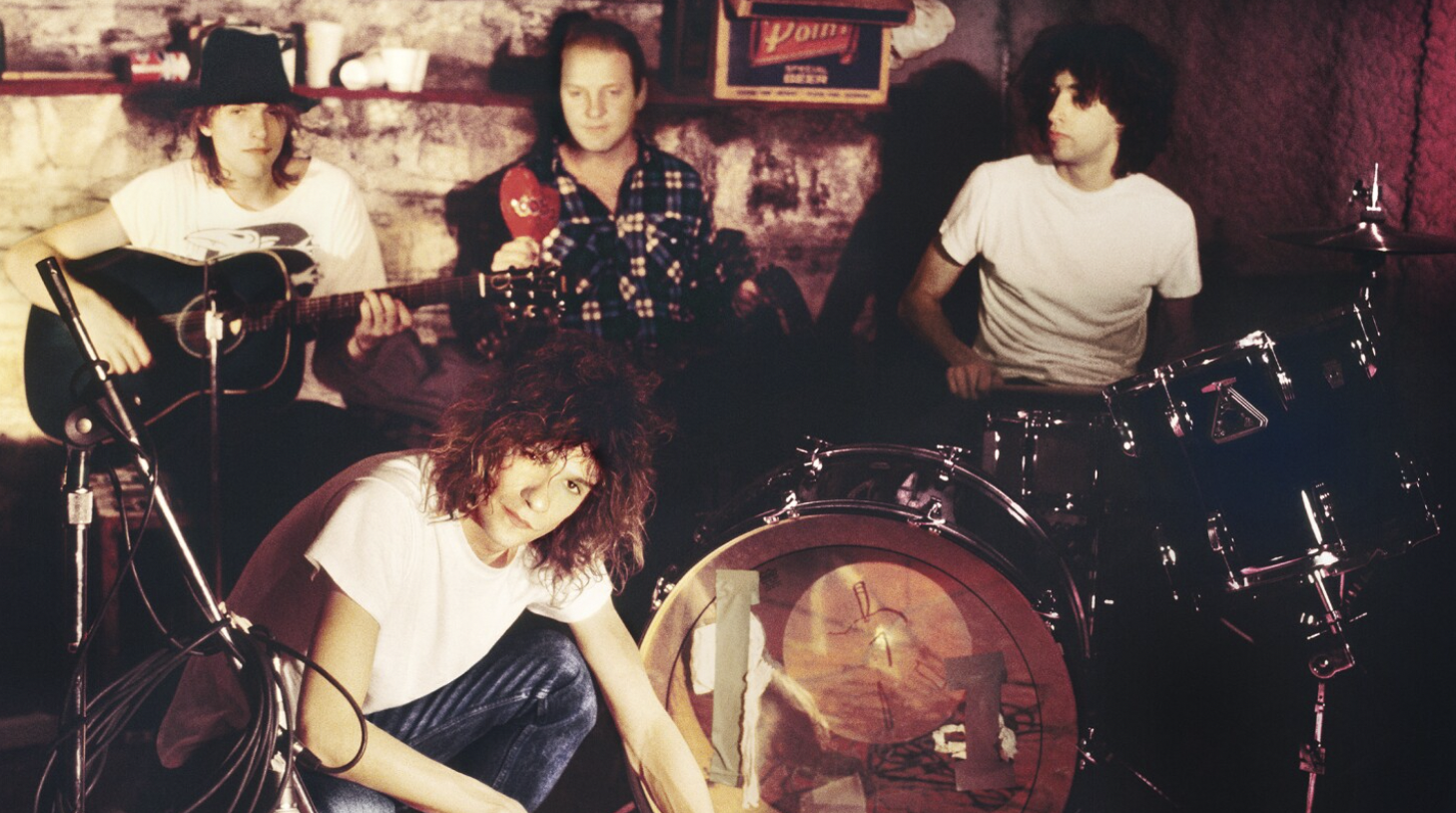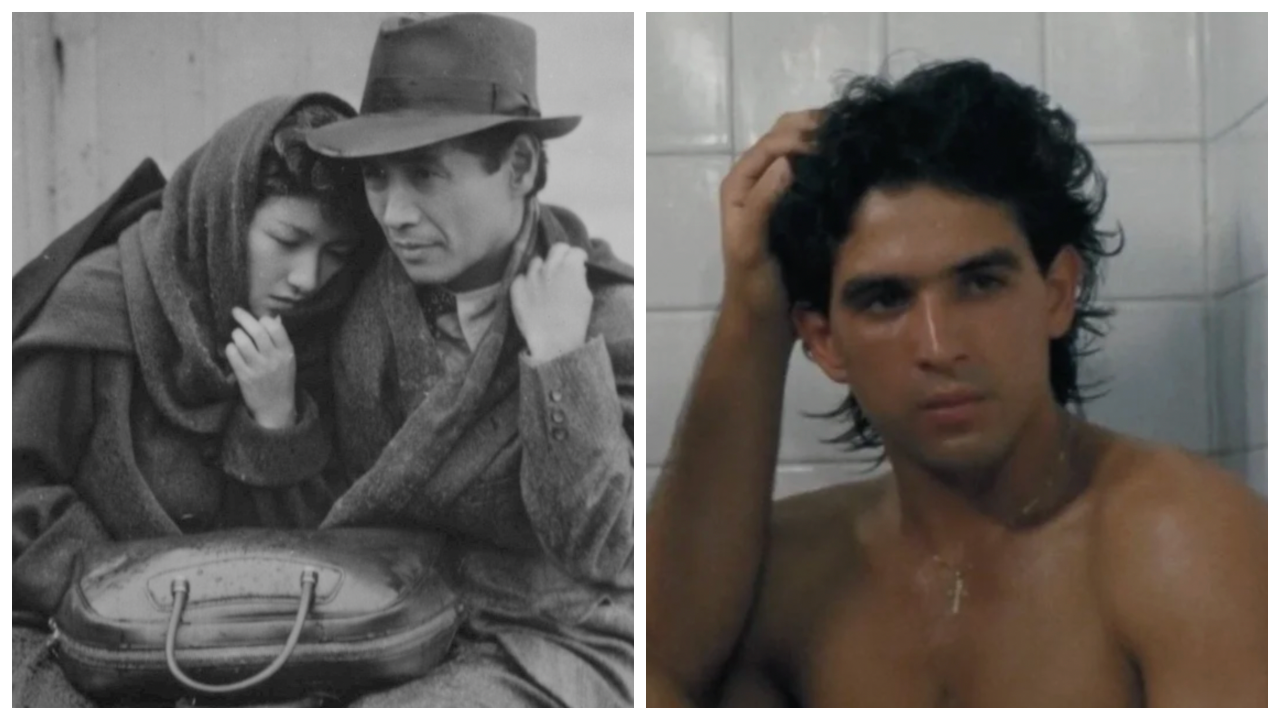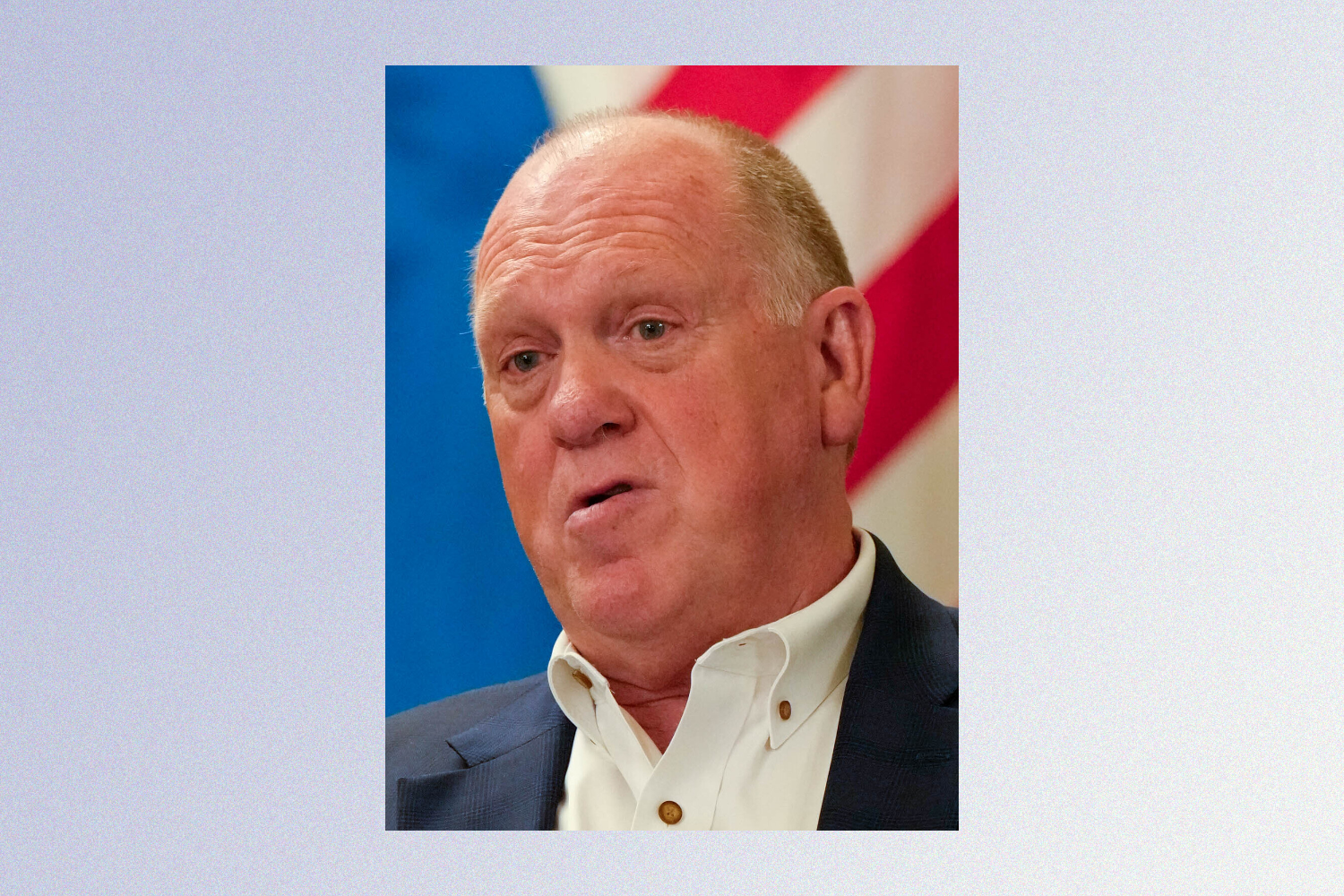We may never stop trying to fix the Replacements. Few bands’ legacies inspire such fervent choruses of “could have been”; few bands’ biographies holler back “no way in hell” with such finality. I defy you to find a possible turning point in Trouble Boys, Bob Mehr’s definitive Mats chronicle, where the willfully haphazard Minneapolis crew, had they only momentarily overcome their thrashed-about fuckuppery, could have immunized their career from future self-sabotage. Yet still, Tim (Let It Bleed Edition), a four-disc box set featuring a celebrated new mix of their 1985 Sire Records debut, is so thrilling that wistful fans are once more left puzzling through a cruel paradox: The Replacements could have been famous if only they hadn’t been the Replacements.
We’ve been here before. In 2019, a salvage job on the band’s last-ditch 1989 nosedive into the mainstream, Don’t Tell a Soul, was released as part of the Dead Man’s Pop box set. While spiking the sound to meet fans’ unkempt standards, the new version couldn’t render a (relatively) weak batch of songs into lost classics. (A "deluxe" edition of 1987’s Pleased to Meet Me the following year, though worthwhile for fans, promised fewer revelations.)
But Tim? Tim is a whole ’nother story. Even as someone who spent the ’80s listening to dubbed Maxells of my friends’ LPs, a guy who didn’t own a CD player till after the Berlin Wall fell, my take was “great songs, shame about the mix” long before I learned that was the conventional wisdom.
The Replacements were hardly the only up-from-indie band of their time flummoxed by the studio—in Hüsker Dü’s SST days, Grant Hart often sounded like he was drumming on a cereal box. But while major labels often garishly brightened an underground band’s sound for commercial appeal, Tommy Erdelyi (better known as Tommy Ramone) imprisoned Tim within an echo chamber of murk, adding shadows but no mystery, imposing a strange distance on songs that were so essential we willed ourselves across the gap, as though fiddling with our radio dial to catch some fading far-off signal.
No doubt, the dynamic new Ed Stasium remaster is what I’ll cue up whenever I want to hear those songs again. The mix does posthumous justice to the increasingly unsteady guitarist Bob Stinson, benched by Westerberg for most of the sessions. His still too-few demented prog-punk lines now wend unpredictably within earshot rather than milling about in the back of the room. The rhythm section kicks and swings with more abandon, and Westerberg's own guitars now chug inventively underneath or hang reverberant in the air, no longer bound like overly padded boxing gloves.
You don’t have to be a historicist to complain that a few early fade-ins and late fade-outs are distracting—the spoken intro to “Waitress in the Sky,” the stray guitar string thumps that close “Bastards of Young.” But whatever lyrics you once strained to hear (oh, so that’s "Uncle Henry, Auntie Em" Paul's muttering during the break on “One Good Dose of Thunder”) had nothing to do Westerberg’s lack of articulation. And as with all such overhauls, you listen closer to music that’s grown overly familiar—I hear touches I could have sworn were newly exhumed that are plainly audible in the earlier mix.
I’ll leave it to rock essentialists to debate about which is the “real” mix. The Erdelyi version remains a historical document, available for archivists, sticklers, or whoever’s had that earlier edition's tinny reverb imprinted on their soul. This new version may or may not represent how the Replacements wanted Tim to sound—intention is hard enough to determine in the moment let alone from the distance of decades. I’ll even accept (without caring about the implications) the argument that it presents a too-idealized Replacements, extracted from the messiness of history. But I get impatient when I hear folks wax hypothetical about what a record that sounded like this in 1985 would have had on the band’s career—especially since I wonder that myself.
Because at this late date, really, why should anyone give a fuck if the Replacements had become big rock stars? Surely enough people love the Replacements already. Maybe Minnesotans have the excuse of civic self-worth tied up in the Mats’ fate—Paul Westerberg is our Scott Norwood, our Bill Buckner, local rock's goat and its GOAT—though I’m still not sure that’s a healthy way to live. But settle down, the rest of you.
Play that tape all the way through and just look at where it leads. These guys handled notoriety so badly, just imagine what actual fame would have done to them. Anyway, they lasted a decade, and not many bands thrive for long beyond that. It’s a fatalist sickness to savor the supposedly apt poetic injustice of it all—the Replacements were just too great to be mere stars, pfft. But that’s no reason to nurse the belief that, with the right song, at the right time, they could have been as big as… the Georgia Satellites, maybe?
It can seem an impossible feat to separate the band’s music from its lore. But what if, summoning unprecedented stores of psychic effort, we listened to Tim as just one of the many major label records cut by underground strivers in the last decades of the 20th century that never went anywhere commercially. After all, if you were born after the Replacements dissolved, that’s basically what Tim is.
Come in fresh like that and you’ll hear some guys rocking with steadfast assurance of a band that’s far from doomed. With an unreal balance of chaos and craft, they seem to stumble across the song structures upon which the music industry would later lucratively construct alt-rock. “Hold My Life” alone sounds like a microcosm of 1994, a blueprint the Replacements could have fashioned the rest of the album from. Instead there’s the Stonesy tumble of “Lay It Down Clown,” the druggy, shoutalong metal of “One Good Dose of Thunder,” the brawny yet abject swagger of “I’ll Buy,” and the snarky country shuffle of “Waitress in the Sky,” in which lumpenproles lash out at unionized labor (and girls, of course) for the sake of a good joke—without (I think?) becoming Reaganists.
Long before quiet verse/loud chorus became modern rock cliché, the Mats upended that convention with the quiet-then-loud verses of the chorusless “Left of the Dial,” culminating in a final verse at full, reckless volume that drifts into a rueful coda. “Which side are you on?” Westerberg asks (himself?) cryptically throughout that song, and even if we’re still pretending to know nothing about this band (though are we even?), moments like this mark Tim as a crossroads of an album. “Time for a decision to be made,” he'd declared earlier on “Hold My Life” even as he seemed to hold out hope that Mr. Wizard would rescue him. In Westerberg’s nicotine-tinctured voice, you’ll hear why the Replacements couldn’t be just another band for so many.
Yet his lyrics evade the commitment with which he sings. A year earlier, “I Will Dare” swung with such assurance that you could miss how safe Paul was playing it. If you will dare, then I might dare. This is a note slipped secretly into a locker, a dare to dare, an invitation for you to jump first and I’ll follow, I swear. It’s less “I Want to Hold Your Hand” than “I Want You to Hold My Hand.” It’s “Thunder Road” if Bruce had left a message on Mary’s answering machine asking her to swing by and pick him up after work—but like, if not, that’s cool, no pressure.
A tension between emotional paralysis and desperate, misguided action runs throughout Tim. Elvis Costello made entire albums without a pun as good as “Swingin’ Party,” one of rock’s greatest songs about that most un-rock quality, shyness. The corrosive helplessness of being unable to budge, to overcome your inner blocks, that the song captures so well is what makes the impulsive PDA of “Kiss Me on the Bus” so necessary, even triumphant.
That push-and-pull between self-protective caution and self-destructive abandon might explain why “Can’t Hardly Wait” didn’t surface on Tim. It’s a song so undeniable that you can trick yourself into thinking it was the last puzzle piece missing, and the often slapdash Westerberg agonized over multiple versions (you can hear four on the outtakes disc of the new box) before determining that it just wasn’t ready for the world. But it’s-not-quite-there perfectionism is just the flipside of fuck-it-it’s-fine. If the end result will always disappoint you, there’s no reason to try. You may as well jump right in and make a mess of shit.
So much is made in retrospect about Westerberg's "fear of success," but really, what non-idiot under 30 in 1985 wouldn’t feel conflicted about rock stardom? (Well, besides Prince.) Elvis is a no-show—he’s in the ground, as Westerberg sings—and who’d look at Jagger shimmying alongside a leopard-skinned Bowie to a desecration of “Dancing in the Streets” and think, yeah, that’s what I’m shooting for? Who could listen back then to the raw punk singles that Peter Jesperson had exposed the young Mats to at Oarfolk without realizing that their promise had gone unrealized?
His excesses romantic rather than hedonist, Westerberg sang with an ache of inchoate desire, a desperation for some non-stupid reason to rock out. Tim is what it’s like to be cursed with the gift of waxing eloquent about how you don’t know what to say, what it’s like to recognize that all the goals set before you are inane, yet to be so infatuated by the raw power of an electric guitar that you can never fully accept that the noise you make is meaningless.
Tim has always been a fall record for me. This time each year my all-too-literal brain notices the longer late afternoon shadows and the earlier sunsets and the shriveled patches in my backyard where even the weeds have lost the will to sprawl and I hear Paul Westerberg murmur “The summer’s past/It’s too late to cut the grass” from “Here Comes a Regular.” Somehow it’s 1985 all over again for me even though I wouldn’t hear that song for a few years after that. Memory’s funny that way.
Then again, there was something autumnal about growing up in the ’80s. All the sex had been fucked. All the drugs cost too much. All the rock had been rolled. Our inheritance was AIDS and whip-its and Bon Jovi. We were forever being told the party was long over but you could sneak downstairs and drink the backwashed dregs from one of your parents’ warm unfinished beers and hope no one had doused a cigarette butt in it.
Maybe that’s just how every 15-year-old has felt forever. Certainly few rockers have ever felt as 15-for-life as Westerberg. On Let It Be he channeled the cranky old man nestled inside every disaffected kid, eternally wronged and romantically inept and blasting out blame like buckshot at MTV and answering machines and tonsillectomies. That resentment was more focused on Tim, where the exasperation of being born too late reached its fullest expression on “Bastards of Young.”
Sometime in the next decade, when media marketers tried to peg me and my contemporaries as “Generation X” so they could figure out what ads we liked, I’d think back to Paul sneering “ya got no warrant to name us” (a line I’d mistaken in the past for “war to name us” or even “maim us”—Tim is among rock’s great troves of misheard lyrics). Yeah, I'd think. That means you, Time magazine!
Yes, we project so much of our own baggage on the Replacements, and that includes our feelings of and about regret. No one makes it to 40 without a litany of what we have done and what we have failed to do haunting us. And the Replacements are our Ghost of Modern Rock Past, a reminder of missteps as ephemeral as a kiss left unkissed and as quotidian as that ill-timed second mortgage. It’s almost enough to imagine the Stasium mix of Tim duking it out with Bryan Adams or Dire Straits for the top of the Billboard charts, without realizing what a sad victory that would have been.
And so we beat on, boats against the current, blah blah friggin’ blah, to quote some other Minnesota drunk who knew a little something about regret, who we also remember as never surpassing his early successes. Fitzgerald flailed about in Hollywood and died young. Hackwork didn’t come naturally to Westerberg either, and he settled instead into Edina semi-anonymity. The Great Gatsby remains a great book. Tim is still a great record. Yet both are the same kind of works that make us demand more from their creators, that forever leave us unsatisfied.







